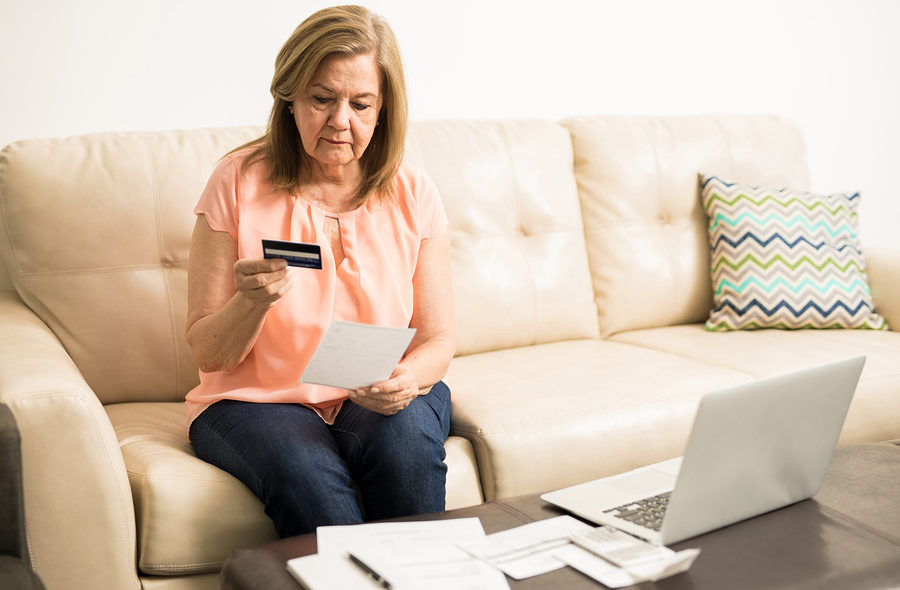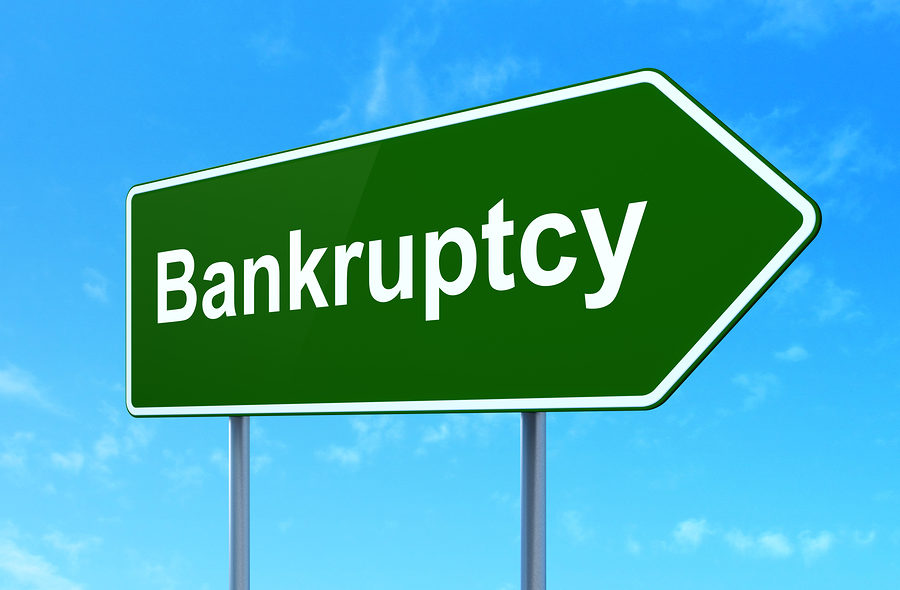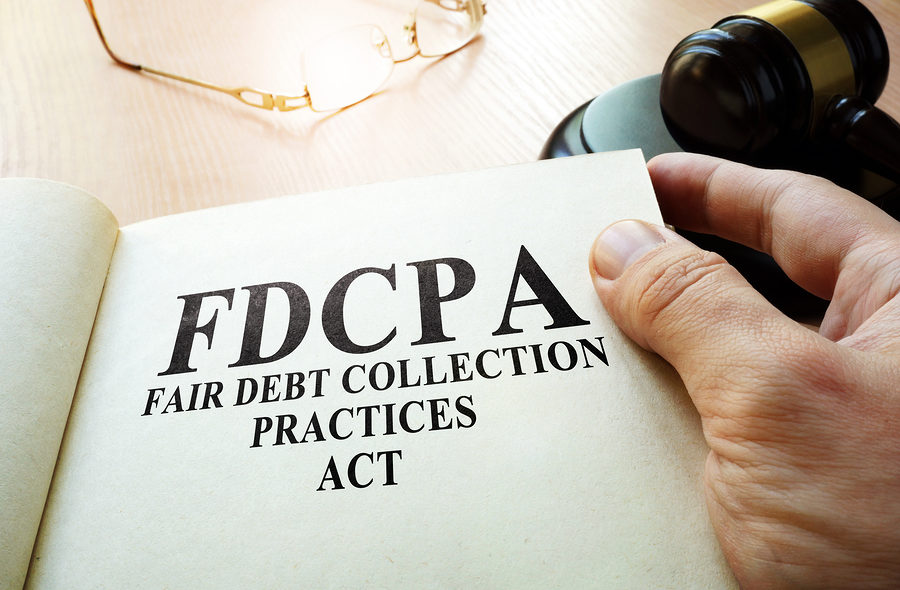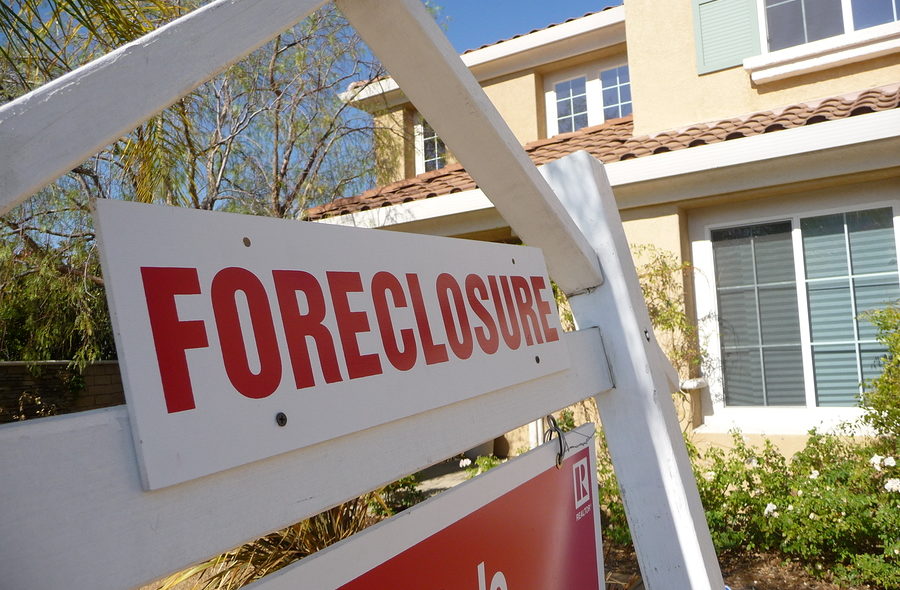When it comes to discharging debts in a bankruptcy case, student loan debt has traditionally been one of the most difficult debts to discharge. The fact that this debt can be so difficult to get rid of in a bankruptcy case has kept some consumers from filing for bankruptcy. The problem is it can be very difficult for a person who is in a financially tight situation to keep paying on this debt outside of bankruptcy. Student loan debt is oftentimes the largest debt a consumer carries, outside of their mortgage. If someone goes through bankruptcy only to continue being stuck with his or her student loan debt, that person may end up in the same financial situation, again.
Here is how to discharge student loan debt in bankruptcy.
Undue Hardship
Student loan debt can be discharged if the borrower can demonstrate that he or she would suffer an undue hardship if forced to pay back his or her student loans. However, bankruptcy courts do not have one set standard to guide them in determining what exactly qualifies as an undue hardship. The U.S. Bankruptcy Code does not give a clear definition for what undue hardship is, which could be why so many inconsistencies exist among bankruptcy courts. Some courts will only use the undue hardship test to grant full discharge of the loans while others will allow for partial discharge. Others view the test as an extremely difficult standard to meet while others may be more lenient. At the end of the day, if the borrower has a very low income or took the student loan out to attend a for-profit trade school, he or she may have a better chance to get the obligation discharged, although other factors will be considered, as well.






